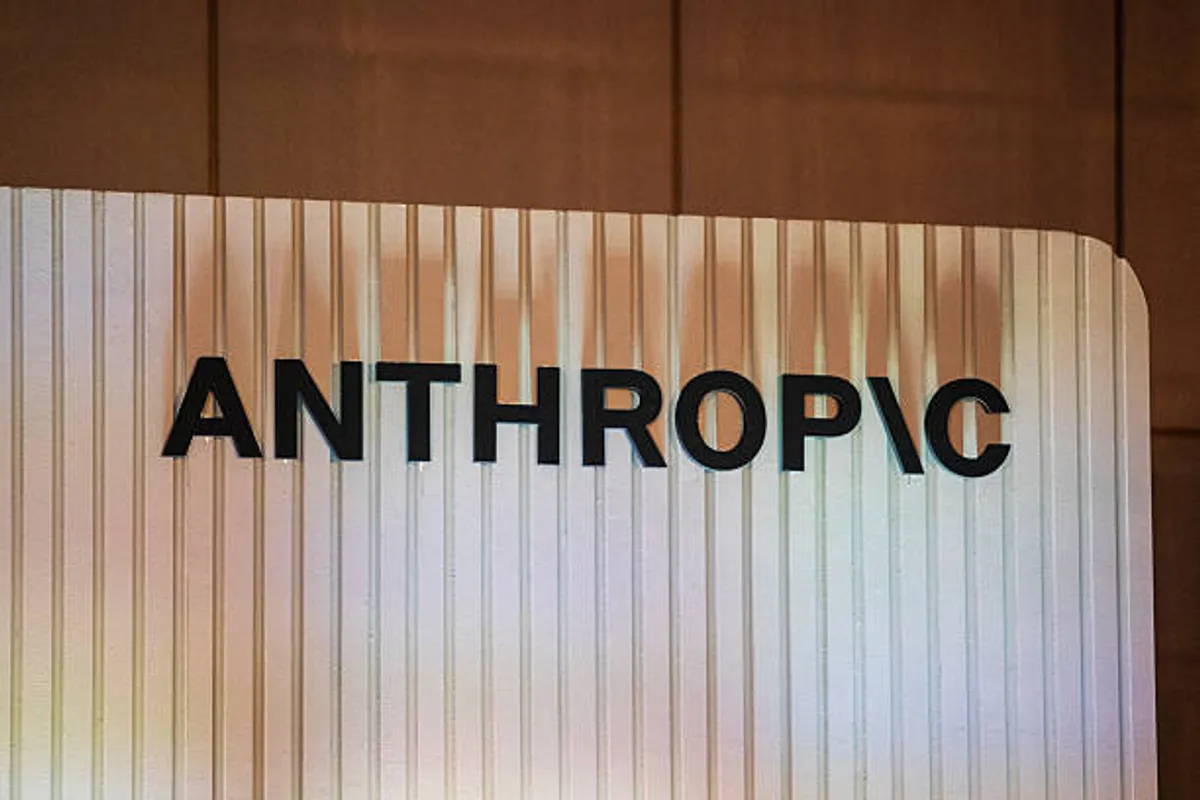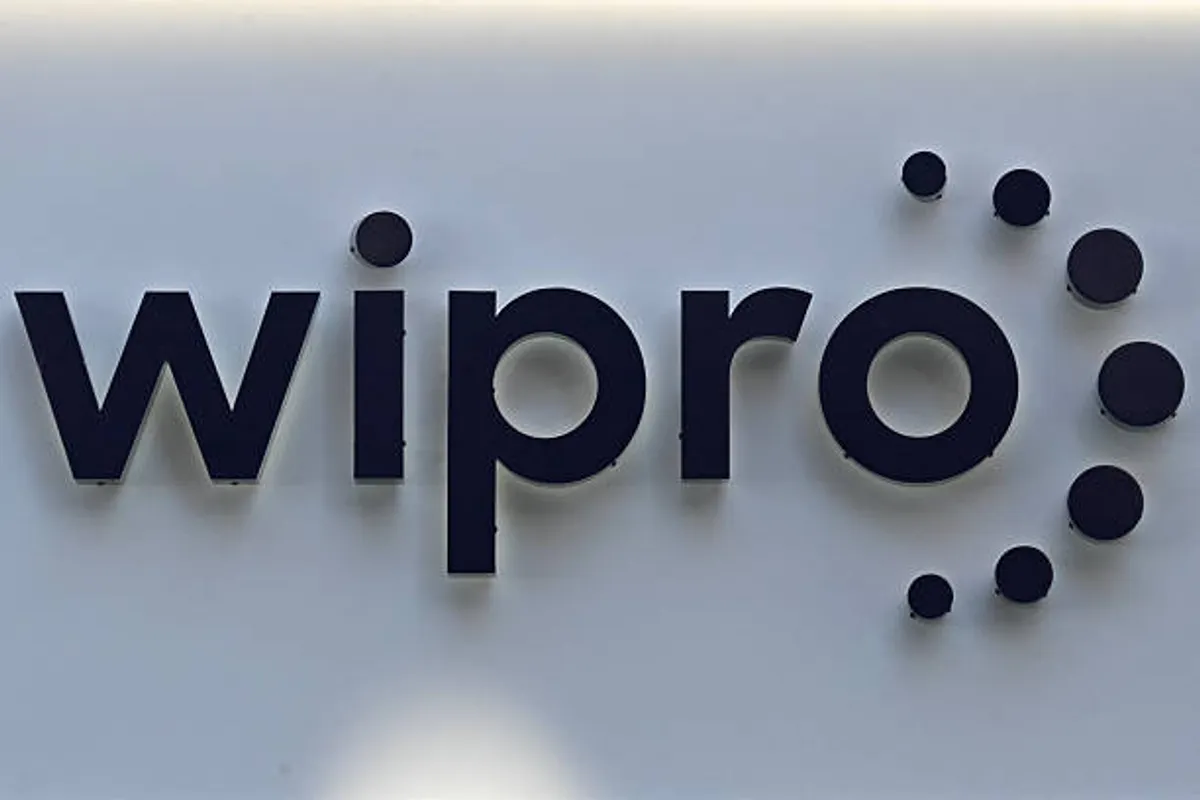Hong Kong to Ease Digital-Asset Rules and Launch Tokenisation Pilot Scheme

GeokHub

Hong Kong is embarking on a significant regulatory overhaul aimed at strengthening its position as a global fintech and digital-asset hub. Under the new framework, licensed virtual-asset trading platforms (VATPs) will be allowed to share global order books with overseas affiliates — a departure from the previous rule that confined such order books within Hong Kong’s jurisdiction.
Simultaneously, the Hong Kong Monetary Authority (HKMA) unveiled its “Fintech 2030” strategy at FinTech Week, announcing a dedicated push into tokenisation of real-world assets. The strategy includes launching the “Project Ensemble” pilot scheme, which will test the use of tokenised money, tokenised deposits and tokenised assets across settlement and trading applications.
Officials say these changes are designed to unlock deeper liquidity for digital-asset trading, streamline cross-border connections, and build out a scalable ecosystem for tokenised assets — everything from government bonds to trade finance to real estate. At the same time, regulators emphasise that investor protection, clear regulatory standards and compliance remain a priority.
Analysis / Impact:
This dual-track initiative — easing exchange rules + accelerating tokenisation infrastructure — marks a strategic pivot for Hong Kong. On the one hand, allowing VATPs to tap global order-books removes a significant structural barrier, which could attract more international trading volume and participation. More liquidity often means tighter spreads, better price discovery, and a stronger competitive position in the digital-asset space.
On the other hand, the tokenisation pilot signals a move beyond trading crypto-tokens toward integrating real-world assets and institutional finance. If successfully implemented, tokenisation can reduce friction, enable fractional ownership, unlock new funding models, and link traditional finance with blockchain-based innovation.
For the wider region, Hong Kong’s actions send a message that Asia remains a hotbed for digital-asset and fintech innovation. Firms looking to establish in a regulated but dynamic environment may view Hong Kong more favourably given this regulatory clarity and infrastructure development.
However, the road ahead carries risks. Rapid liberalisation of trading needs to be matched by robust oversight and compliance; otherwise, increased connectivity and scale may amplify market risks, fraud or regulatory arbitrage. Likewise, tokenisation pilots are promising but require mature technology, clear legal frameworks (especially for asset-rights, custody, cross-border operations), and broad stakeholder coordination to scale effectively.
In short, if Hong Kong executes effectively, this initiative could meaningfully bolster its fintech ecosystem, diversify its financial services offering and strengthen its global competitive edge. But the complexity of implementation and regulatory risk remain material.








